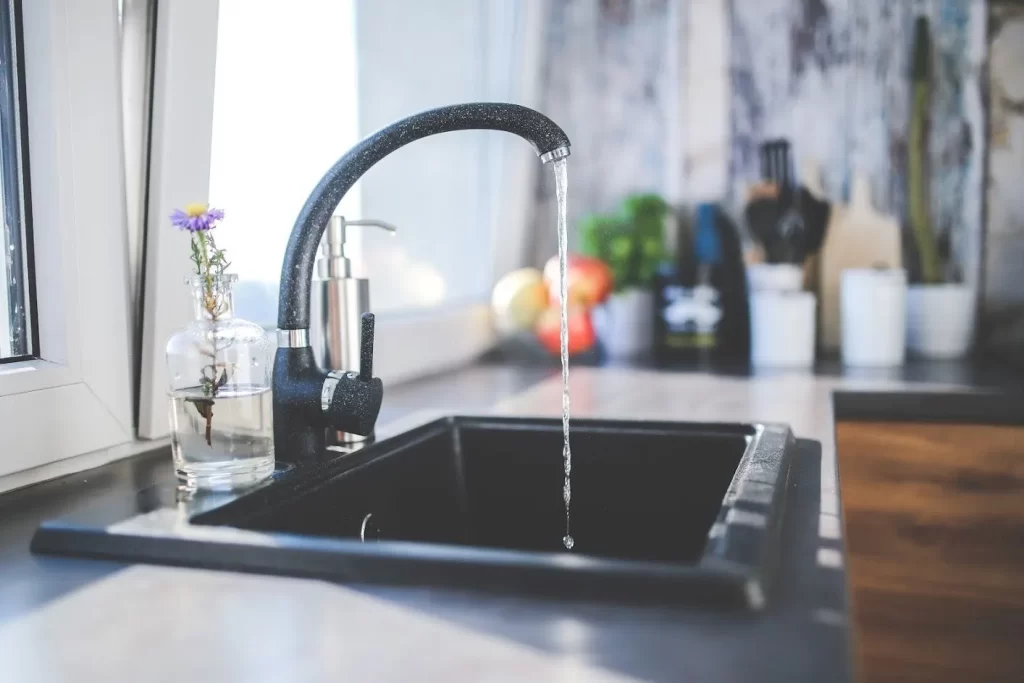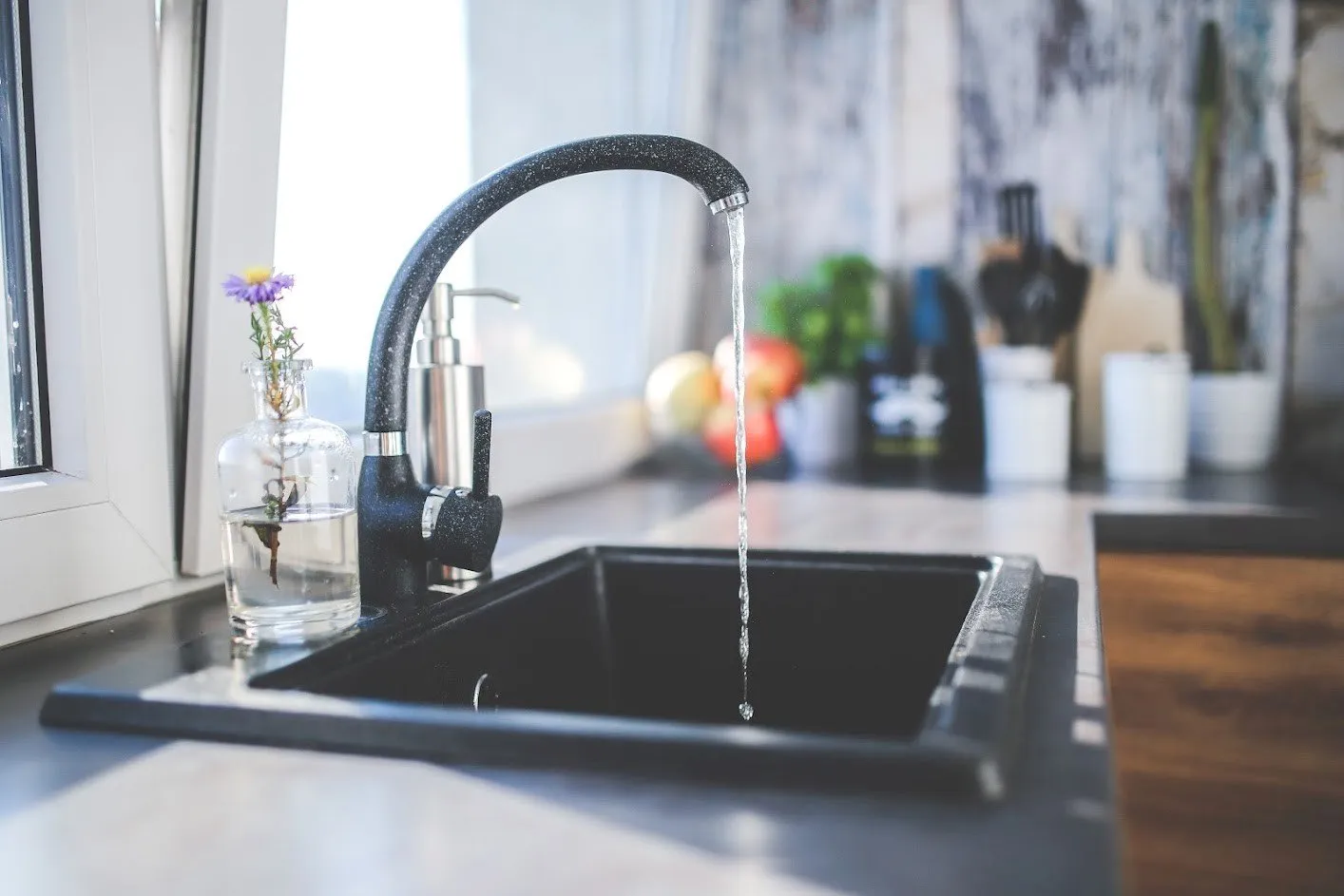
A GUIDE TO SEPTIC TANKS & GARBAGE DISPOSALS

For many homeowners, a garbage disposal may feel like a magical appliance. You simply let the waste fall into the sink, turn on the garbage disposal, and all the debris magically disappears. Unfortunately, the garbage needs to go somewhere and if you have a septic tank, the garbage will go there.
The relationship between a garbage disposal and a sink is a tricky one. You don’t want to use your garbage disposal without a lot of knowledge about the subject. Using garbage disposal without any guidelines could result in major problems down the line, including septic tank issues.
Public & Private Sewer Systems
If you think about other homes with garbage disposals, the areas may include more dense populations like cities. Apartments, condos, and homes that rely on public sewer systems will have many different results when using garbage disposals. A public sewer system means that city facilities take care of the waste.
There is no septic tank to manage or handle. Garbage disposal is much more practical in those situations. If you own a home with a septic tank, then you have a lot more responsibility with the use of disposal. The food and debris are not just carried through large pipes. The food builds up and is expected to break down within the tank.
If you are getting new garbage disposal installed, you should consider draining the septic tank first. A septic tank drainage will remove any debris and build-up you have in the tank. Star fresh with your new garbage disposal and avoid any major problems early on.
Cold Water & Garbage Disposals
One of the issues associated with garbage disposals and septic tanks is grease. As grease from meats and cheeses go down the drain, they will quickly cool off, form into solids, and cause some potential clogs. Ideally, you want to grease to harden before you put it into the garbage disposal. The blades of the disposal will chop the grease down into small chunks.
The small chunks will float through the pipes until they reach your septic tank where any leftover bacteria will break the grease down. Whenever you run the garbage disposal, use cold water so the grease doesn’t melt again. You want to ensure the grease chunks make it through the whole system.
No matter how much hot water you use, the water will cool at some point through the drainage system and create potential problems with clogs and build-ups. If the grease gets stuck near the septic tank outlet, then you risk other debris getting trapped within the grease.
After you process the grease chunks through a garbage disposal, keep the cold water running to ensure everything flushes properly to the septic tank.
Food Issues & Garbage Disposals
Grease isn’t the only problem with garbage disposals and septic tanks. Not all foods should go through the garbage disposal. Items like eggshells and coffee grinds can create issues for the garbage disposal itself and the septic tank. Foods with thick fibers are even worse. For example, celery or vegetable skins have thick fibers that do not break down easily.
Even if the fibers make their way through a garbage disposal, the septic tank presents bigger issues. The food could float upwards and block out the outlet drain in the septic tank. If waste cannot escape into a drain field, then you may run into issues including leaks or tank damage. You may see puddles of water form in your yard due to septic tank issues.
You also want to avoid large chunks of food. View the garbage disposal as a last resort option for food waste. Small chunks of food left on a plate are fine, but a majority of the food waste should go into a garbage or compost bin. In the same way, you shouldn’t flush food down a toilet, you also should dispose of large quantities in a sink.
Septic Treatments & Options
If you’ve moved into a home with garbage disposal, you should consider a septic tank inspection. A full inspection could include septic tank pumping. Professional plumbers in Reno will look for signs of septic tank issues and if food debris was involved. The process will not only act as a warning sign but will help determine the future use of the garbage disposal.
For example, a septic tank plumber may notice a lot of grease build-up in the inlet and outlet pipes. The observations and full report will help you decide the best course of action for your garbage disposal. In some cases, if the problems are bad, you may want to remove or disable a garbage disposable altogether.
If the garbage disposal is gone, then you can find ways to avoid all the food waste in your sink.
For more information on septic tank inspections and treatment options, contact us at Easy Rooter Plumbing. We will help you with your septic tank needs and provide preventative services so you do not have costly repairs in the future.
